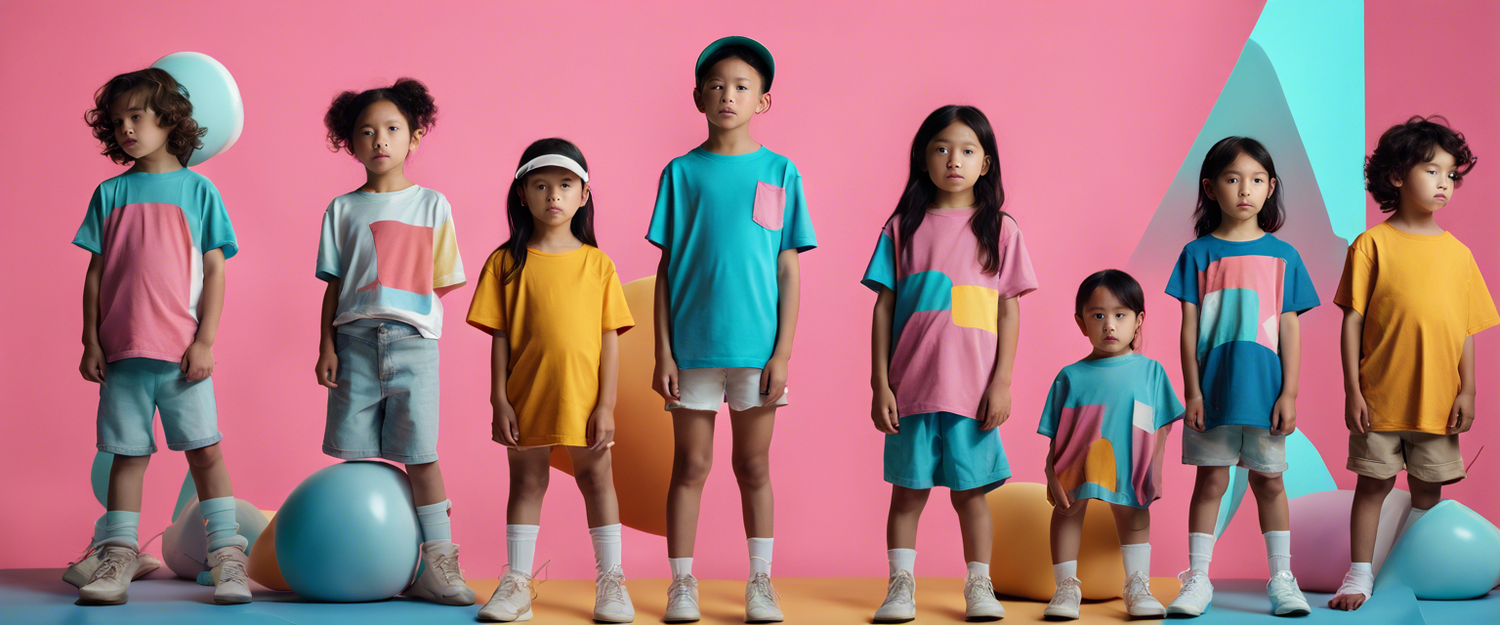Understanding the Department of Justice Lawsuit Against TikTok
The U.S. Department of Justice (DOJ) is currently suing TikTok, alleging that the popular social media platform has violated child privacy laws by allowing children under the age of 13 to create accounts without obtaining parental consent. This lawsuit raises significant concerns regarding consumer privacy, data collection practices, and the protection of minors in digital spaces.
Allegations of COPPA Violations
At the heart of the DOJ's lawsuit are claims that TikTok has failed to comply with the Children’s Online Privacy Protection Act (COPPA). This federal law is designed to protect the privacy of children under 13 by requiring parental consent for data collection and account creation. The DOJ suggests that TikTok’s “Kids Mode” is flawed, as it allows users to create accounts without notifying their parents or asking for their permission.
How TikTok's Account Creation Works
- Alerts on Age: Children are asked to enter their age when signing up. If they are under 13, they can create a Kids Mode account, which does not allow video uploads but permits viewing content.
- Data Collection: Despite restrictions, the DOJ alleges that TikTok still collects certain personal information like unique device identifiers and IP addresses from these young users.
- Account Creation Loopholes: TikTok is accused of allowing users to bypass age restrictions, such as permitting children to restart the account creation process.
The Scale of Violations
According to the DOJ, millions of children may have been able to access TikTok's platform unlawfully. Unfortunately, quantifying the exact number of violations has been challenging due to TikTok's failure to comply with a 2019 injunction requiring documentation of its COPPA compliance efforts.
Legal Implications and Potential Penalties
The lawsuit calls for the court to impose stricter measures preventing TikTok from future violations of COPPA. Additionally, the DOJ seeks civil penalties for each infraction, which can amount to a staggering $51,744 per day, per violation under the Federal Trade Commission (FTC) Act.
Collaboration with the Federal Trade Commission
This lawsuit stems from an investigation led by the FTC, which initially referred the case to the DOJ. In June, the FTC announced that it had found substantial reasons to believe TikTok was violating COPPA and possibly other laws.
Response from TikTok
In a public statement, TikTok spokesperson Alex Haurek expressed disagreement with the DOJ's allegations, claiming that many points refer to past practices that have been improved upon. TikTok emphasized their commitment to child safety online, highlighting measures like:
- Age-appropriate experiences with robust safeguards.
- Proactive removal of suspected underage users.
- Features such as default screentime limits and Family Pairing aimed at protecting minors.
What’s Next for TikTok?
The lawsuit comes at a time when TikTok is already preparing for another legal battle against a new U.S. law that could potentially ban the app unless its parent company, ByteDance, divests from it. The outcome of these legal proceedings could have significant ramifications for TikTok’s operations in the U.S. and its future as a platform.
Conclusion
As the legal situation unfolds, it remains to be seen how TikTok will navigate these challenges while continuing to enhance its platform's safety and privacy measures for its younger users. Advocating for child safety and adherence to U.S. privacy laws will not only affect TikTok’s reputation but also set a precedent for social media companies worldwide in managing user data, especially for vulnerable populations like children.



Leave a comment
All comments are moderated before being published.
Trang web này được bảo vệ bằng hCaptcha. Ngoài ra, cũng áp dụng Chính sách quyền riêng tư và Điều khoản dịch vụ của hCaptcha.